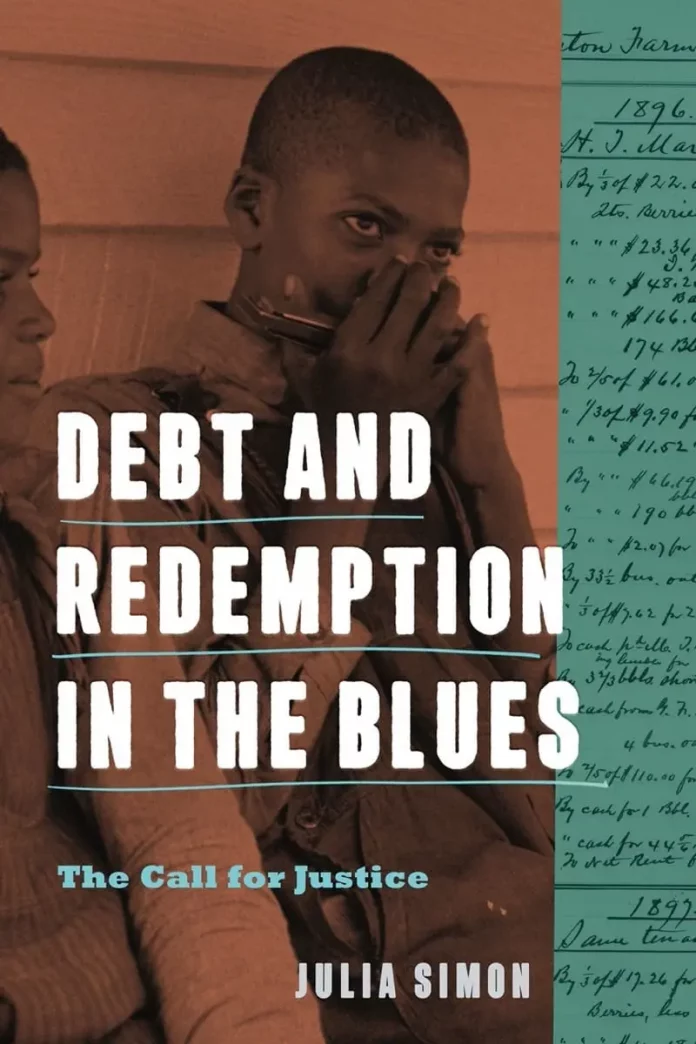This is a book written by an academic and seemingly aimed at other academics. To support that assertion I provide the following example of the author’s prose: “The view of history that I am deriving from the temporal perspective of the blues admits both cyclical and unidirectional conceptions of movement and also forecloses significant projection either backward to the past or forward to the future.” I can’t help wondering what the many blues singers whose words she quotes would have made of that.
In terms of history there’s a great deal of interesting detail here concerning the ways in which black peoples’ lives continued to be severely restricted, socially and above all economically, after slavery ended. Much employment involved the imposition of debt and the need to repay it. However a search for comments on this in the words of recorded blues is not very fruitful and the author has been obliged to assert that the very frequent complaints about unfaithful women are metaphors for dissatisfaction with socio-economic conditions.
Of course, the word “mortgage” is linked with debt. The author’s research turned up Robert Johnson singing “She got a mortgage on my body” and Memphis Slim singing “You got a mortgage on my love” and in these rare cases the metaphor is certainly attached to a complaint, though it’s not clear how the mortgage is to be paid off.
The comments on specific recordings often include subjective commentary on the way in which the music supports the meanings of the words, and a great many recordings are referred to and listed at the end in a discography with dates and matrix numbers. In other words this book represents plenty of hard work by the author, in terms of listening as well as writing. However I don’t feel that an interest in the blues would guarantee enjoyment of the book. That would need to be accompanied by a willingness to accept the kind of language quoted in my opening paragraph. (Though in saying that I found the book rather hard going I may simply be admitting my own limitations or impatience as a reader.)
Debt And Redemption In The Blues – The Call For Justice by Julia Simon. Pennsylvania State University Press, hb, 243pp including 66pp notes, discography and index. ISBN 9780271094953.
















